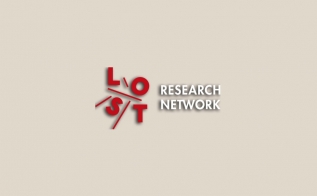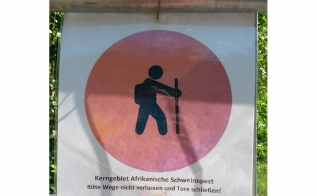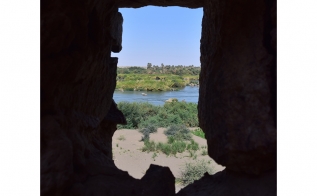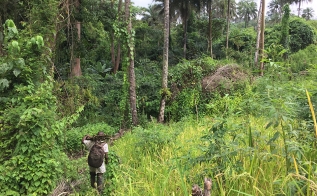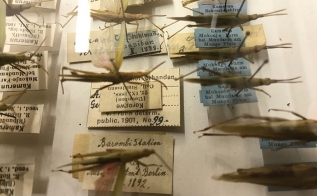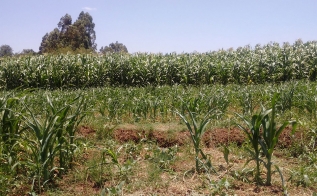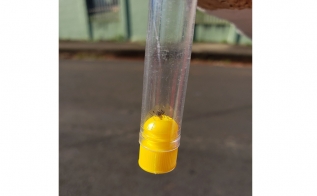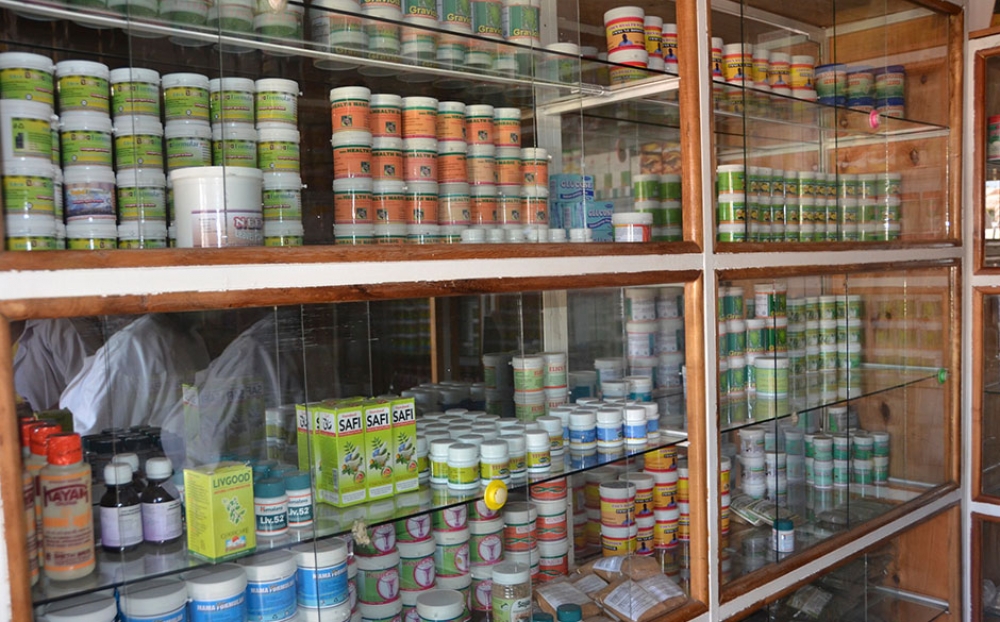
Description
Langwick is currently completing a book manuscript under the working title — The Politics of Habitability: Plants, Sovereignty and Healing in a Toxic World — in which she examines toxicity as the ethical substance of the twenty-first century. In this project, Langwick draws in extensive ethnographic research (2008-2017) to explore how reflection on and labor over the toxic have come to define both ethical subjects and emergent objects of knowledge and practice in East Africa. The core of the research focuses on the rise of a new configuration of plant-based healing in Tanzania and the complex relations between toxicity and remedy. Dawa lishe (nutritious medicine) has emerged as a generative space to articulate, debate, and respond to the toxicity of everyday life. Working across medicine and agriculture, therapies address acute and chronic disease, depletion and deterioration. In their work, practitioners and producers grapple with which forms of vitality and growth are possible in Tanzania today. They ask: who and what can grow ampler and more vital? Efficacy for these nourishing therapies rests in the cultivation of the forms of strength that make places, times and bodies livable again (and again). Langwick argues that dawa lishe is redefining healing through a politics of habitability, and, in the process, Tanzanians are re-configuring notions of medicine, property, chronicity and crisis that are fundamental to global health.


